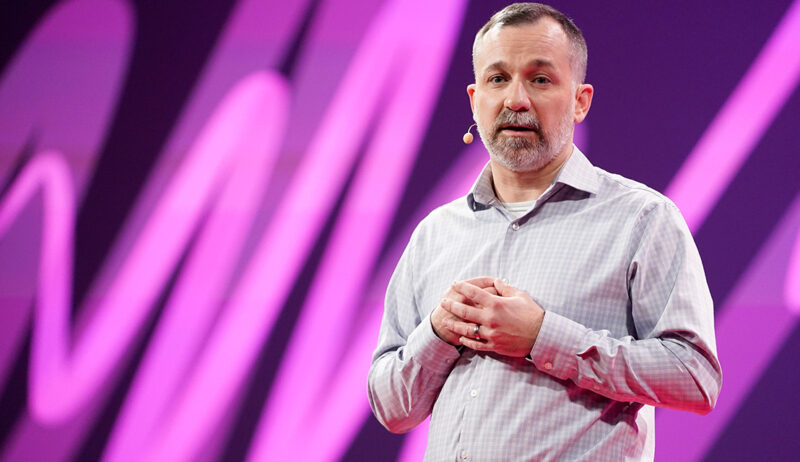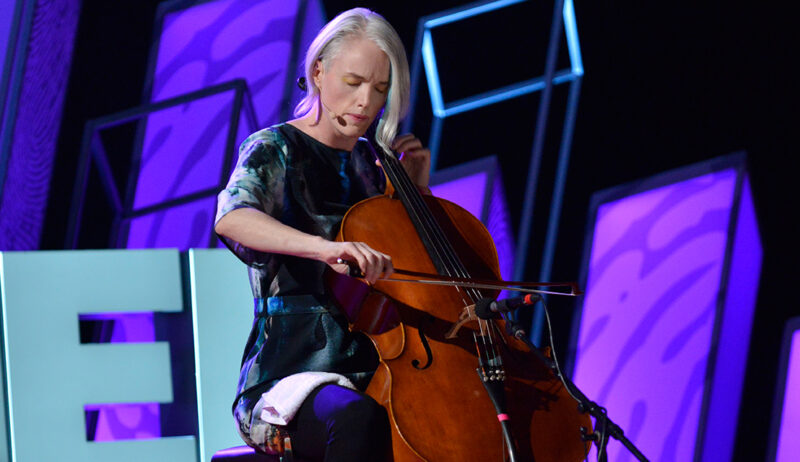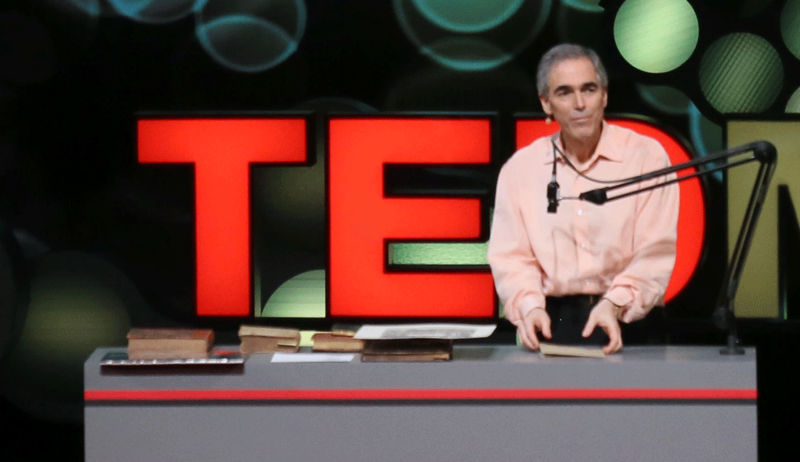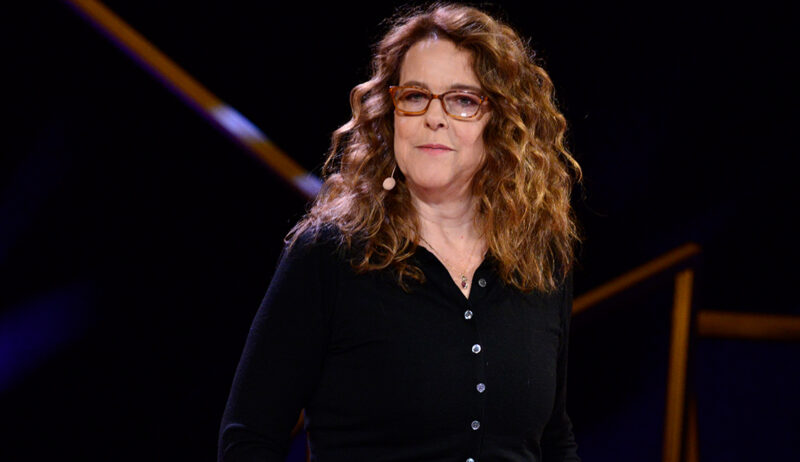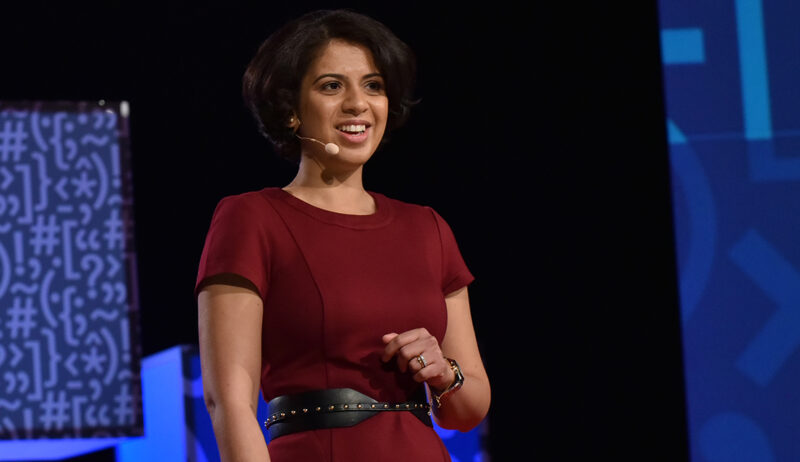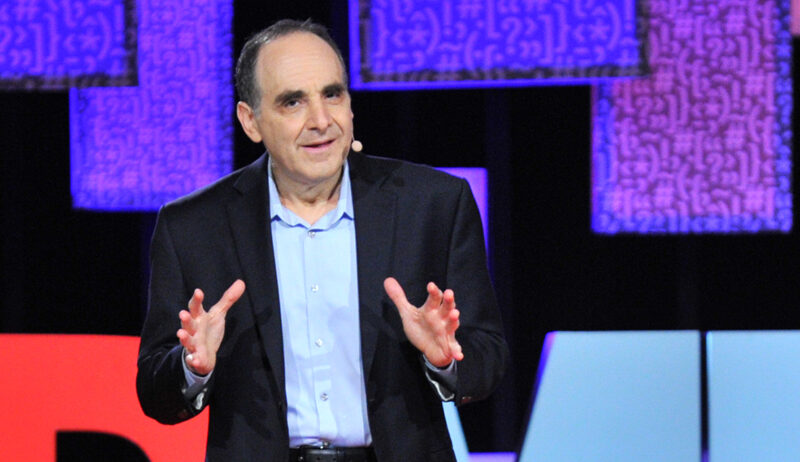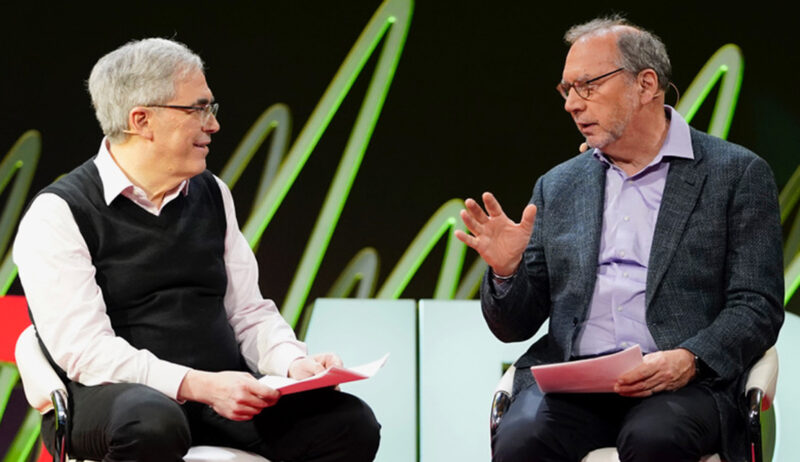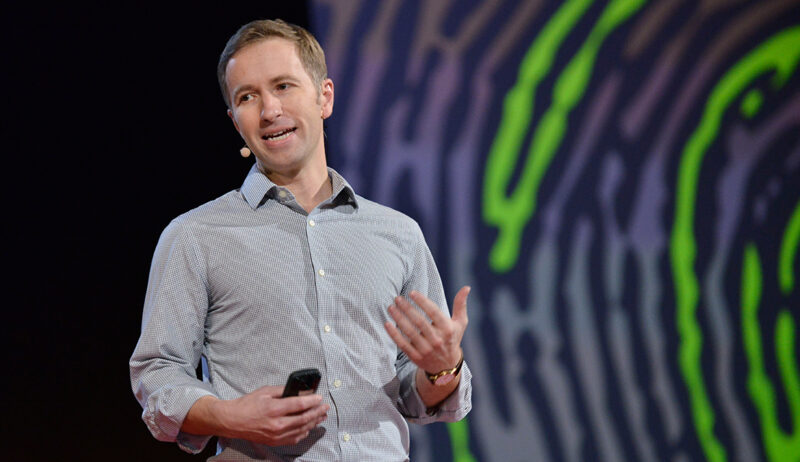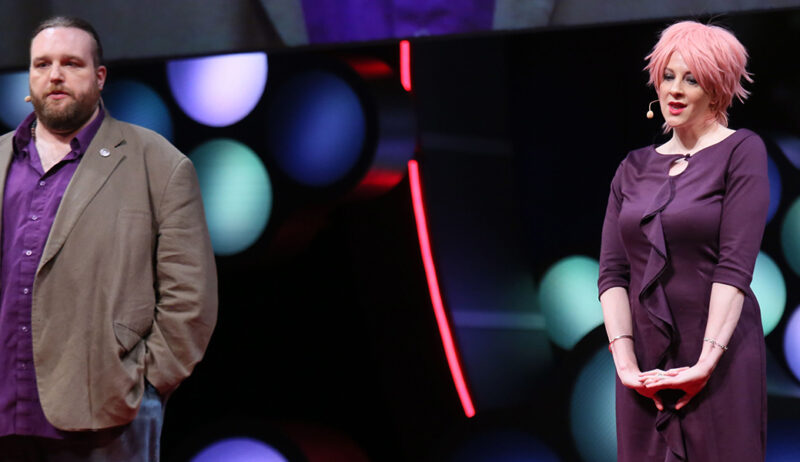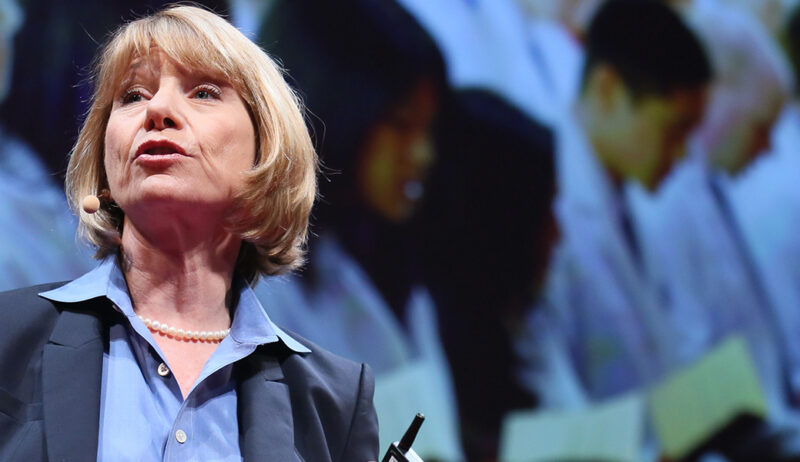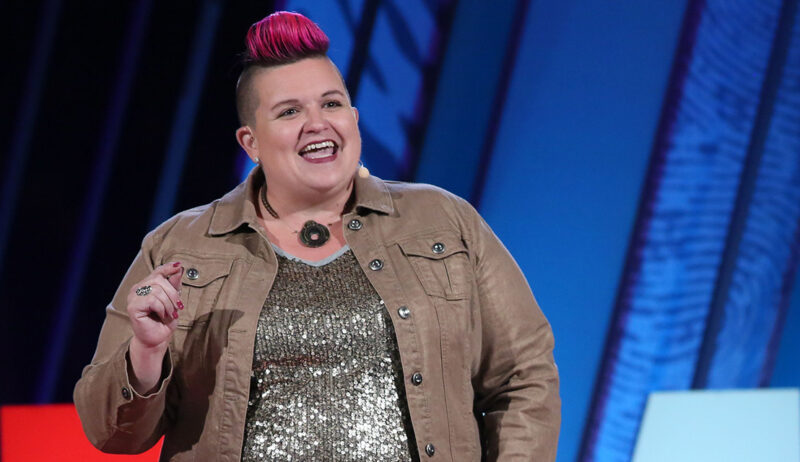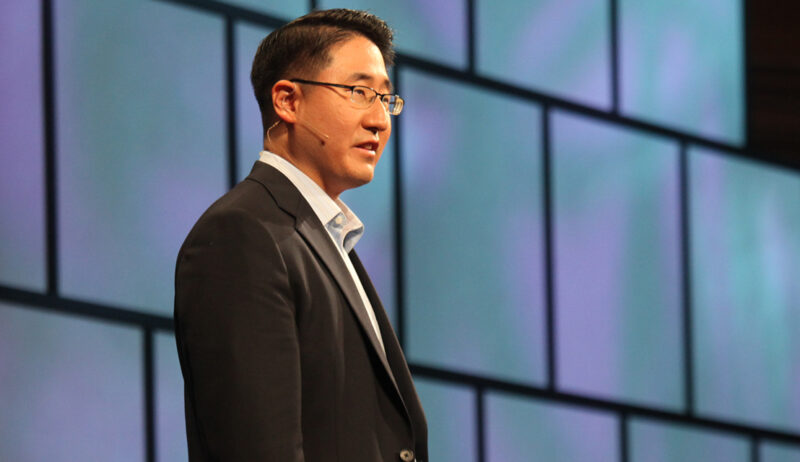About this talk
Much research has shown that there is a deep connection between music and the mind. It sparks memory, invokes empathy, and allows for emotional release. Musical Visionary Beatie Wolfe suggests that it goes even a step farther. Beatie believes that music creates a profound imprint on the brain and has the ability to reach deeper than perhaps any other experience. She believes that this imprint is due in part to the storytelling, tangibility, and ceremony associated with music. When her grandmother was diagnosed with dementia, she found that music could not only feed her own soul, but could evoke feeling from those who may no longer be able to connect or communicate. By bringing music to care homes across the UK, she saw dementia patients break out of mute or catatonic states, and pioneered a far-reaching movement around music for dementia.
A lifelong musician and performer, Beatie Wolfe shares and describes the miraculous power of music. Watch her TEDMED 2020 Talk “How music can rescue and restore our humanity”.
About Beatie Wolfe
See more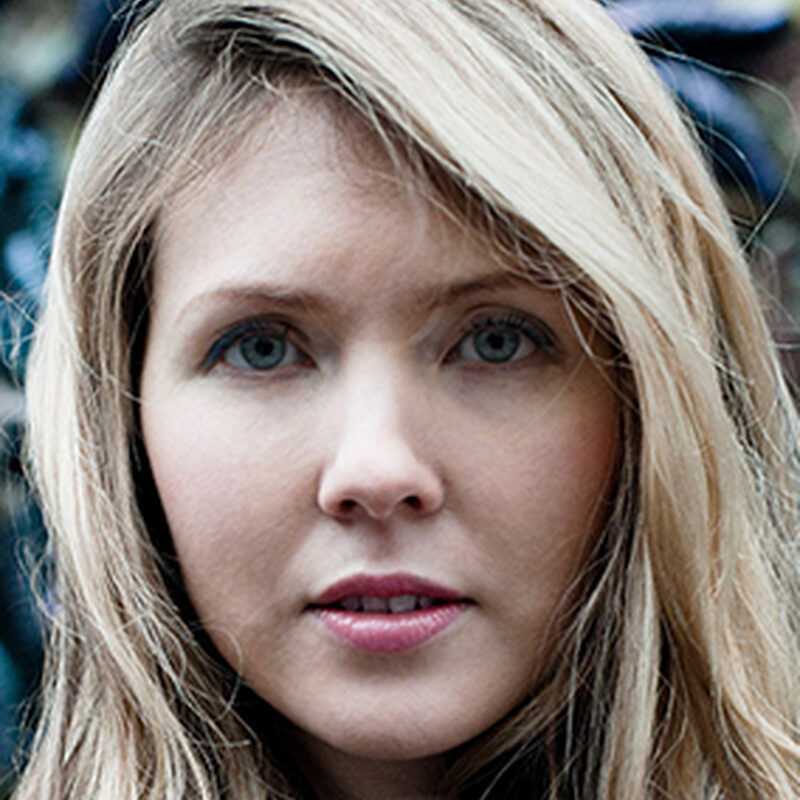
About Beatie
Beatie Wolfe is an award-winning British artist and innovator renowned for creating groundbreaking new formats for music. She’s been hailed as a “musical weirdo” by WIRED magazine, which also named her one of “22 people changing the world.” Wolfe’s work often bridges the physical and digital, seeking to reintroduce tangibility and storytelling into the music experience. Some of her notable projects include a 3D theater for the palm of your hand, a wearable record jacket, and an “anti-stream” of her album from the quietest room on Earth. This innovative anti-stream was broadcast to space using a massive horn, exploring the future of music distribution. Her work has been exhibited at institutions like the V&A Museum and the London Design Museum. Beyond her artistic endeavors, Wolfe is deeply involved in philanthropy, especially in the field of music and health. She co-founded The Times, a major research project which explores the therapeutic power of music for individuals with dementia. The project’s significant findings led to its adoption by prestigious institutions, including Stanford University and the Alzheimer’s Association, and it was also instrumental in the creation of the charity Music For Dementia. A documentary about her work, Orange Juice for the Ears, was commissioned by Barbican, Europe’s largest arts center, highlighting her music, innovations, and humanitarian efforts.
